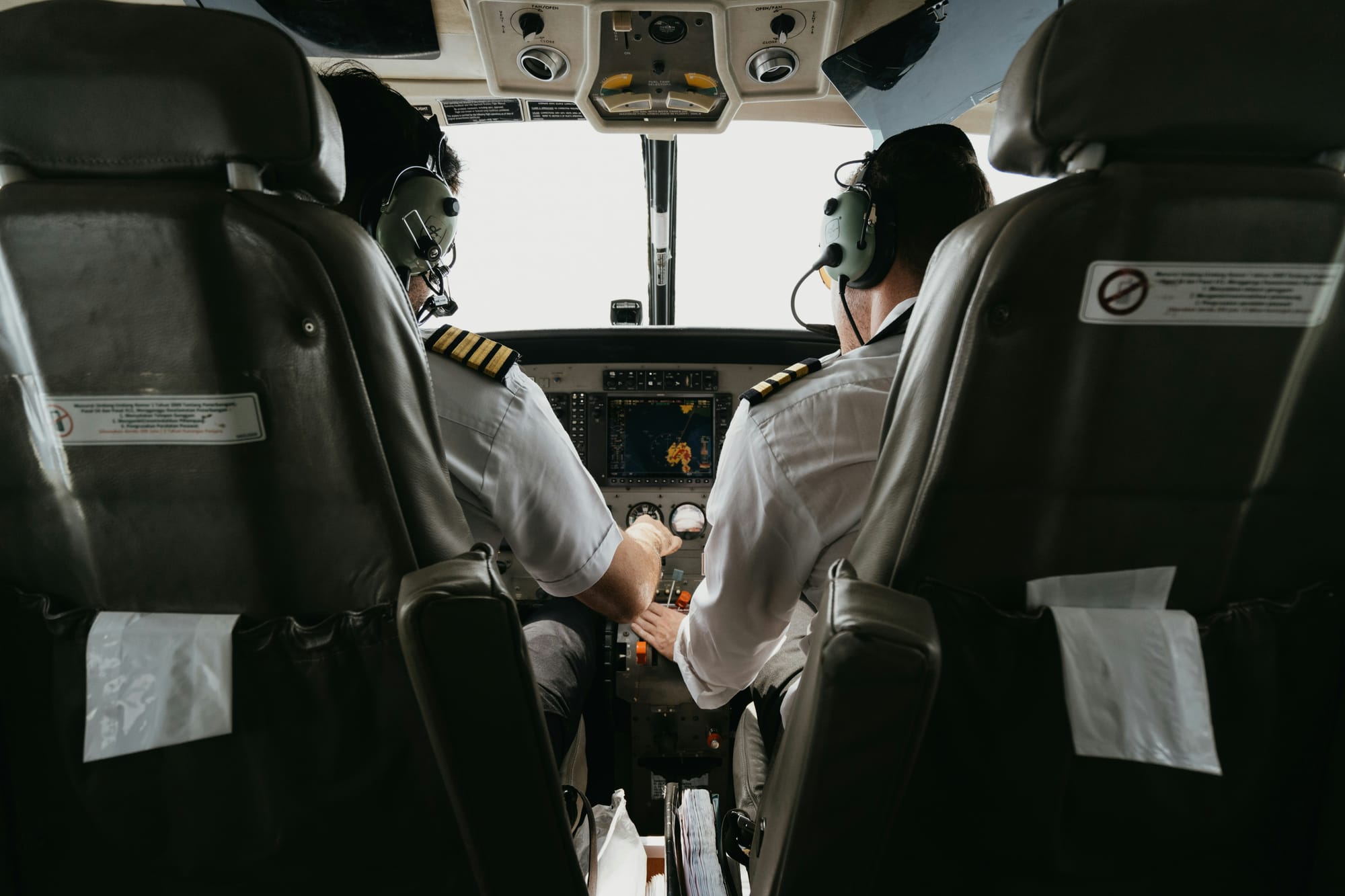Did You Know: General Aviation Fuel Still Contains Lead!
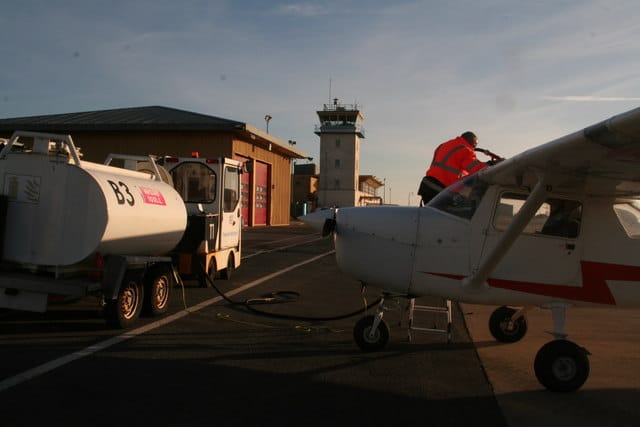
Despite significant advancements in aviation technology, a surprising relic from the past continues to linger in the skies: leaded fuel. Specifically, 100LL aviation gasoline, commonly known as avgas, remains the standard fuel for many general aviation aircraft. This raises significant environmental and health concerns, prompting a call for the industry to shift towards renewable and lead-free alternatives.
What is 100LL?
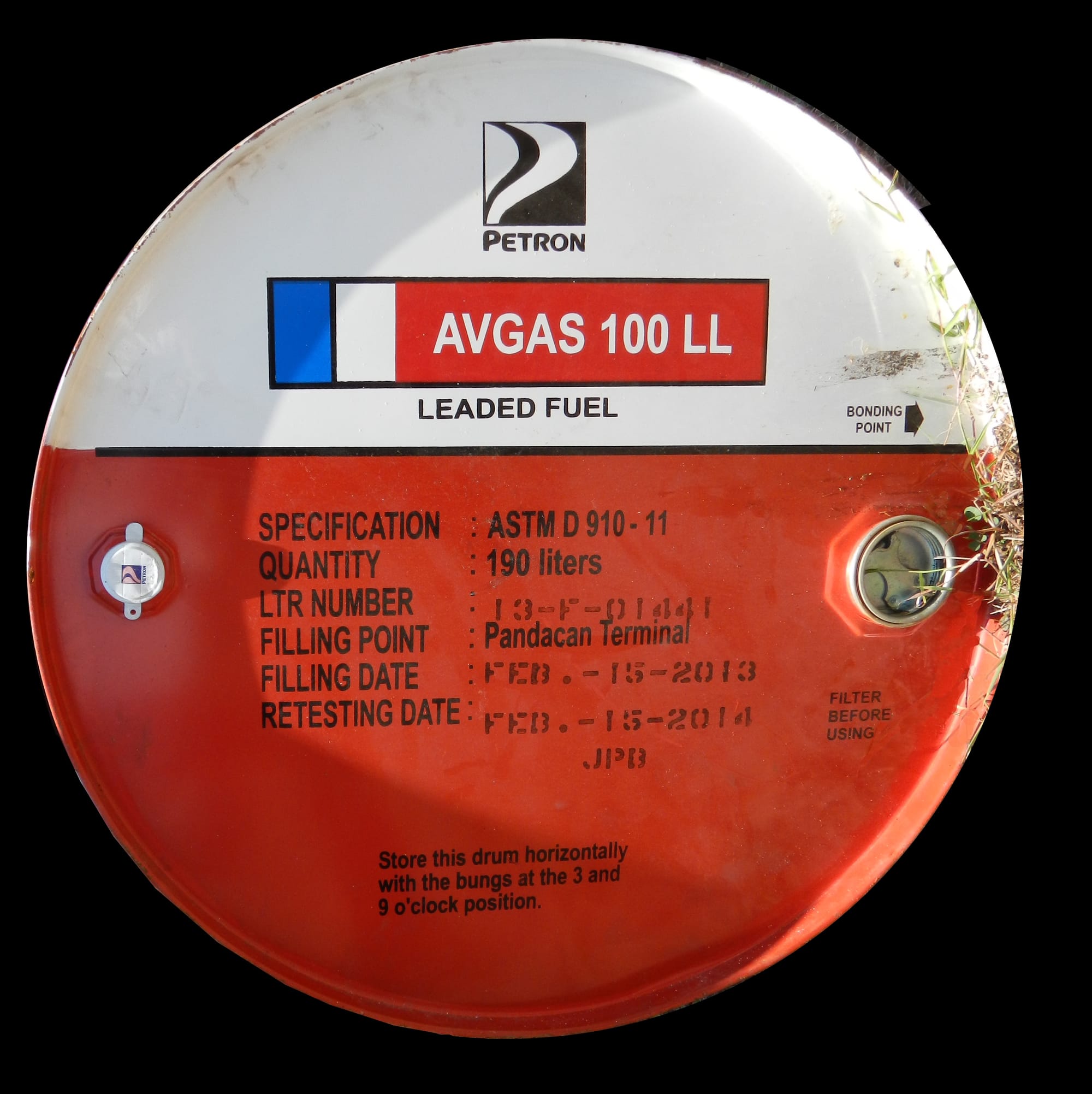
100LL stands for 100 octane Low Lead aviation gasoline. It is the most prevalent type of avgas used in general aviation today. The “100” refers to the octane rating, indicating its ability to resist knocking or detonation under high pressure. The “LL” signifies “low lead,” although “low” is relative. While 100LL contains less tetraethyllead than its predecessors, it still includes a considerable amount, approximately 2 grams per gallon.
The composition of 100LL includes:
- Tetraethyllead (TEL): Added to improve the octane rating and prevent engine knocking.
- Isooctane: A high-octane compound that helps stabilize the fuel.
- Other hydrocarbons: To ensure the fuel meets performance specifications for vapor pressure and volatility.
Environmental and Health Impacts of Leaded Fuel
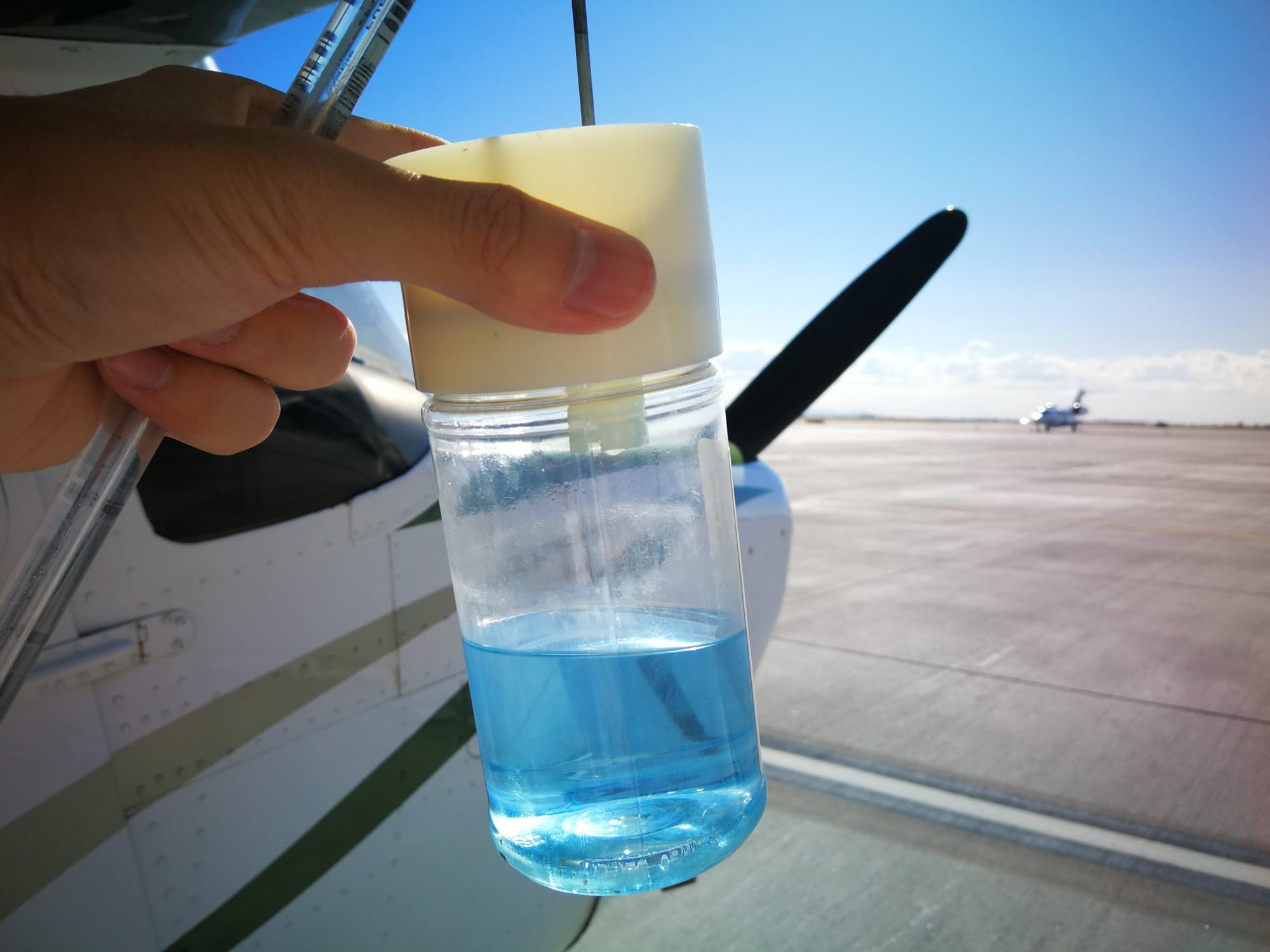
Lead is a potent neurotoxin, and its use in fuel poses serious health risks. Lead exposure can affect nearly every system in the body, with children being particularly vulnerable. Chronic exposure can lead to cognitive impairments, behavioral issues, and developmental delays.
From an environmental perspective, lead emissions from aviation fuel contribute to air and soil contamination. While leaded gasoline for automobiles was phased out in the 1980s, general aviation remains the largest source of lead emissions in the United States.
The Need for Renewable Fuel Sources
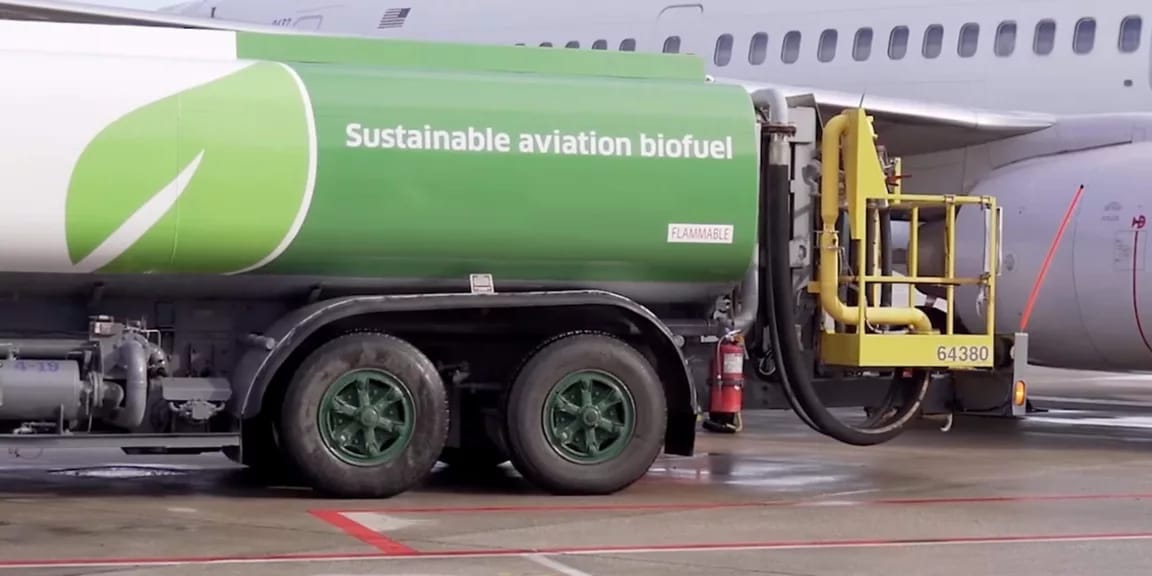
Transitioning to renewable fuel sources for general aviation is not only an environmental imperative but also a public health necessity. Several alternatives are being explored and developed:
- Unleaded Avgas: Efforts are underway to produce unleaded avgas that meets the stringent requirements of high-performance aircraft engines. The FAA is working with industry stakeholders to test and certify these fuels.
- Sustainable Aviation Fuel (SAF): Derived from renewable biomass or recycled waste, SAF can significantly reduce greenhouse gas emissions. Though primarily used in commercial aviation, research is being conducted to adapt SAF for use in general aviation.
- Electric Propulsion: Electric aircraft are gaining traction, especially for short-haul flights and training purposes. Advances in battery technology and electric motors promise a future where flying is both clean and quiet.
- Hybrid Systems: Combining traditional engines with electric propulsion can offer a transitional solution, reducing fuel consumption and emissions.
Pushing for Change

The aviation community, including pilots, manufacturers, regulators, and environmental advocates, must work together to accelerate the adoption of lead-free, renewable fuels. Here are some steps that can be taken:
- Incentivize Research and Development: Governments and private entities should fund research into alternative fuels and technologies. Grants, tax incentives, and subsidies can spur innovation and lower the costs of new technologies.
- Regulatory Support: Regulatory bodies like the FAA and EASA need to streamline the certification process for new fuels and technologies. Clear guidelines and expedited procedures can help bring safer, cleaner fuels to market faster.
- Industry Commitment: Aircraft manufacturers and fuel suppliers must commit to producing and distributing lead-free, renewable fuels. Partnerships and collaborations within the industry can drive progress and ensure compatibility across different aircraft models.
- Public Awareness: Raising awareness about the risks of leaded fuel and the benefits of renewable alternatives can galvanize public support. Educational campaigns and advocacy efforts can pressure stakeholders to prioritize environmental health.
Final Thoughts
The continued use of leaded fuel in general aviation is a significant but addressable issue. By pushing for the adoption of renewable fuel sources, we can protect public health, reduce environmental contamination, and ensure a sustainable future for aviation. The sky is not the limit when it comes to innovation; it is merely the beginning.


